Navigating joint debts during a divorce can be challenging, as these shared financial obligations can significantly affect both spouse’s financial futures. Understanding how these shared obligations impact divorce proceedings is crucial to ensure a fair and equitable division of assets and responsibilities. Please continue reading to learn how our skilled Edison Property Division Lawyers can help resolve joint debts effectively and protect your financial interests throughout divorce proceedings.
What Are Joint Debts?
First, it’s important to understand that joint debt refers to any financial obligation that two or more parties share and are legally responsible for repaying. Joint debts can include:
- Credit card debt
- Car loans
- Mortgages
- Medical bills
- Household bills
- Certain student loans
What Happens to Our Joint Debts During a Divorce?
Like many other states, New Jersey operates under the equitable distribution model, which means the court will fairly divide assets and debts during a divorce, but not necessarily equal. Essentially, the court will decide what’s fair under the circumstances of each case, which doesn’t always mean a 50/50 split. The judge will consider various factors including the duration of the marriage, the standard of living during the marriage, the needs of each party, each spouse’s contributions to the marriage, earning capacity, and more. This model is designed to ensure that the divorce doesn’t leave one party financially destitute.
In most cases, debts that are incurred during a marriage are considered joint debts and are the responsibility of both spouses. In a divorce, these debts are typically divided along with other marital assets. The court will examine each party’s financial situation to determine who should bear the responsibility moving forward. When determining who is responsible for the joint debt, the court may consider the type of debt, the amount owed, who benefited, who can pay, each party’s financial situation, and more.
Generally, you won’t be held responsible for debt your spouse has incurred before the marriage. However, the only exception to this rule is if you become a joint account holder after marriage. In this case, you will be accepting ownership of the debt, meaning you can be held accountable for its repayment.
It’s important to keep in mind that spouses can negotiate among themselves how to divide their debt as part of a settlement agreement. If this is not possible, the court will intervene and issue a decision. Depending on the unique circumstances of the case, they may order one spouse to pay the majority of the debt in exchange for additional property or assets, or they may determine that a loan that only one of them used should fall to that person.
As you can see, there are various ways in which joint debt can be handled during a divorce. At Arndt & Sutak, LLC, we are prepared to advise you on how a court may rule on the types of assets and debts involved in your divorce. Connect with our firm today to learn more about what we can do for you.




